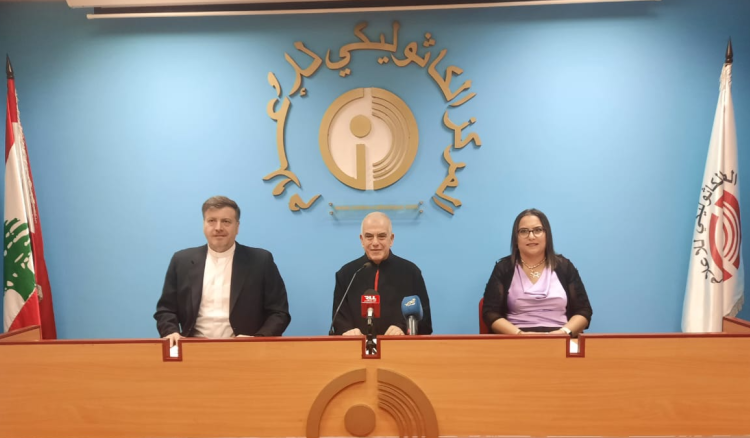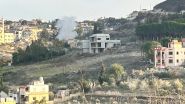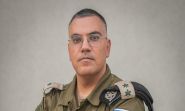
With just weeks to go before the school year begins on September 15, Lebanon’s Catholic schools held their 31st annual conference on Tuesday at Notre-Dame de Louaize College in Zouk Mosbeh. The event, themed “Towards a More Humanizing Education in the Age of Digitization: Hope for the Present, Vision for the Future,” was held under the patronage of Maronite Patriarch Bechara Rai.
The conference brought together religious, diplomatic, political and educational leaders, including Apostolic Nuncio Paolo Borgia and French Ambassador Hervé Magro.
Discussions focused on the urgent need to adapt education to the challenges of the digital era while preserving its human dimension.
While the theme addresses a major issue, it is equally important to provide a clear overview of the current state of Catholic schools in Lebanon to fully understand the challenges they face.
State of Catholic Schools
Lebanon currently has 210 Catholic schools, down from 320 a few years ago due to recent economic, health and security crises, according to Father Youssef Nasr, Secretary General of Catholic Schools, who spoke to This is Beirut on the sidelines of the conference. These schools are spread across the country, with 90 offering free education, 20 teaching in English, 19 focused on technical programs and the remainder teaching in French.
Approximately, 200,000 students are enrolled in Catholic schools, representing 20% of all Lebanese students and 30% of those in the private sector, notes Nasr. For the 2023-2024 school year, the Center for Pedagogical Research and Development (CRDP) reports 1,083,849 students enrolled in general education across Lebanon. Of these, 43.43 % are in public schools, 42.76 % in fee-paying private schools, 11.62 % in free private schools and 2.19 % in UNRWA schools, which serve Palestinian refugees.
Education with a Human Focus
Nasr highlights the mission of Catholic schools as resting on two pillars: education and culture. “Our goal is to educate students by developing their intellect and cultural knowledge while shaping their personalities across intellectual, social, cultural, spiritual and human education,” he explains.
He emphasizes the importance of adapting education to the current technological shift. “Students must be able to use artificial intelligence. We have begun integrating STEAM, which stands for Science, Technology, Engineering, Arts and Mathematics, into our schools to prepare them for the challenges of the future.” He adds, “It is our responsibility to preserve each student’s identity and humanity, ensuring that these tools are ethically and responsibly used.”
Colossal Financial Challenges
Since 2019, Lebanon’s crises have placed severe financial strain on Catholic schools, particularly affecting the most vulnerable families. “We do everything we can to maintain an active social policy in our schools. We receive support from donors, although it has declined over the years. Despite rising tuition fees, our priority remains the fundamental right to education,” says the Secretary General of Catholic Schools.
Another major challenge is balancing teacher salaries with tuition revenue. School fees are calculated by distributing each school’s overall budget, including salaries, operating costs and other expenses, across the number of students to arrive at a fair and sustainable amount.
“There is a persistent imbalance between revenue and expenses, worsened by the depreciation of the Lebanese pound. This has forced us to pay salaries in dollars, which in turn has affected tuition fees in recent years. We are gradually working to close these gaps and restore a sustainable financial balance.”
Despite these pressures, Lebanon’s Catholic schools continue to stay the course, remaining true to their educational and human mission while adapting to ongoing challenges. The question remains: How long can they endure in such an uncertain environment?




Comments